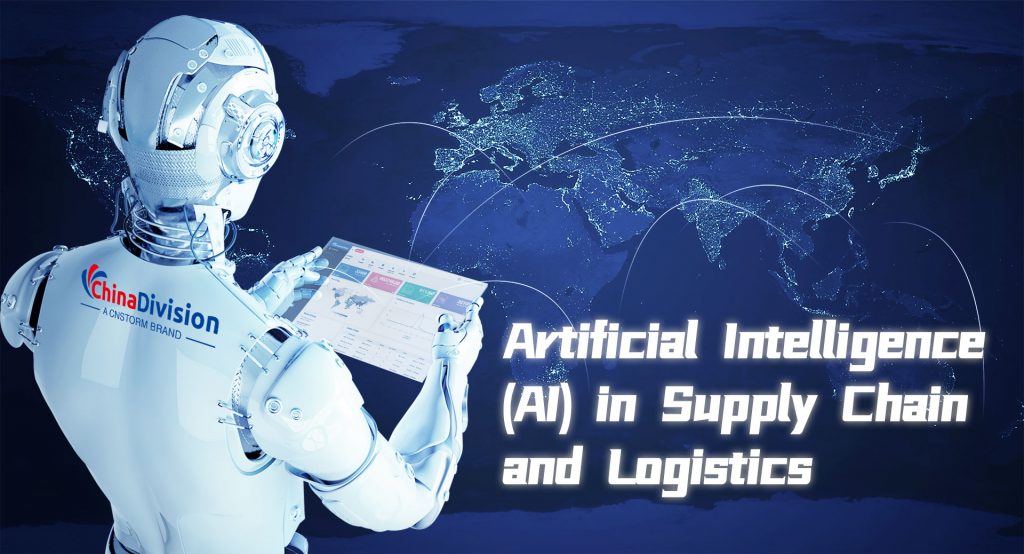The increase in data accuracy makes artificial intelligence more and more widely used in logistics and supply chains.
With the increasing complexity of the supply chain, the room for data errors is rapidly decreasing. The fierce competition in the industry has caused more and more supply chain and logistics companies to choose to use artificial intelligence in their logistics systems. According to Gartner, supply chain organizations expect that the level of machine automation in their supply chain processes will reach 200% in the next five years. At the same time, a recent study shows that by 2020, the annual industrial Internet of Things (IIOT) expenditures of developing companies are estimated to reach $500 billion.

Artificial Intelligence (AI) in Supply Chain and Logistics
With the increasing application of artificial intelligence and machine learning, it will change the face of the industry to a deeper degree, and will further aggravate the gap between large and small enterprises in the industry.
Artificial intelligence and machine learning eliminate the problems of inefficiency and inaccurate data to a greater extent and provide more possibilities for companies to deal with supply chain problems. The application of AI in the supply chain has improved production efficiency and product quality, reduced costs, and created safer working conditions.
In the face of a pandemic like this year’s COVID-19, AI helps companies understand what changes and plans should be made to the original plan of the supply chain to better tide over the difficulties.
According to data from the Organization for Economic Cooperation and Development (OECD), the coronavirus may severely threaten the global economy, and multiple industries will face fatal blows. As the spread of the coronavirus has become more widespread, preventive measures (travel restrictions) aimed at preventing the further spread of the virus have resulted in the forced disruption of the global food, retail, and medical supply chains and the freezing of income.
The Advantages of Artificial Intelligence (Ai) in the Supply Chain
1. Improve the accuracy of inventory management
Accurate inventory management can ensure that the correct materials enter and exit the warehouse, and prevent problems such as excessive inventory, insufficient inventory, and unexpected shortages.
2. Improve warehouse efficiency
AI simplifies complex work processes and speeds up work. Artificial intelligence systems can solve multiple warehouse problems faster and more accurately than humans. Besides, in addition to saving valuable time, automated work driven by AI can also greatly reduce the demand and cost of warehouse staff.
3. Improve safety
AI-based automation tools can ensure smarter work plans and effective warehouse management, which can improve the safety of workers and materials.
4. Reduce operating costs
This is the automated intelligent operation of the AI system that can work without errors for a long time, thereby reducing the number of errors and workplace accidents. The higher speed and accuracy of warehouse robots achieve higher productivity.
5. Delivery on time
The artificial intelligence system can automate the system to accelerate the traditional warehouse process, achieve the delivery target with the minimum effort, thereby eliminating the operational bottleneck in the value chain.